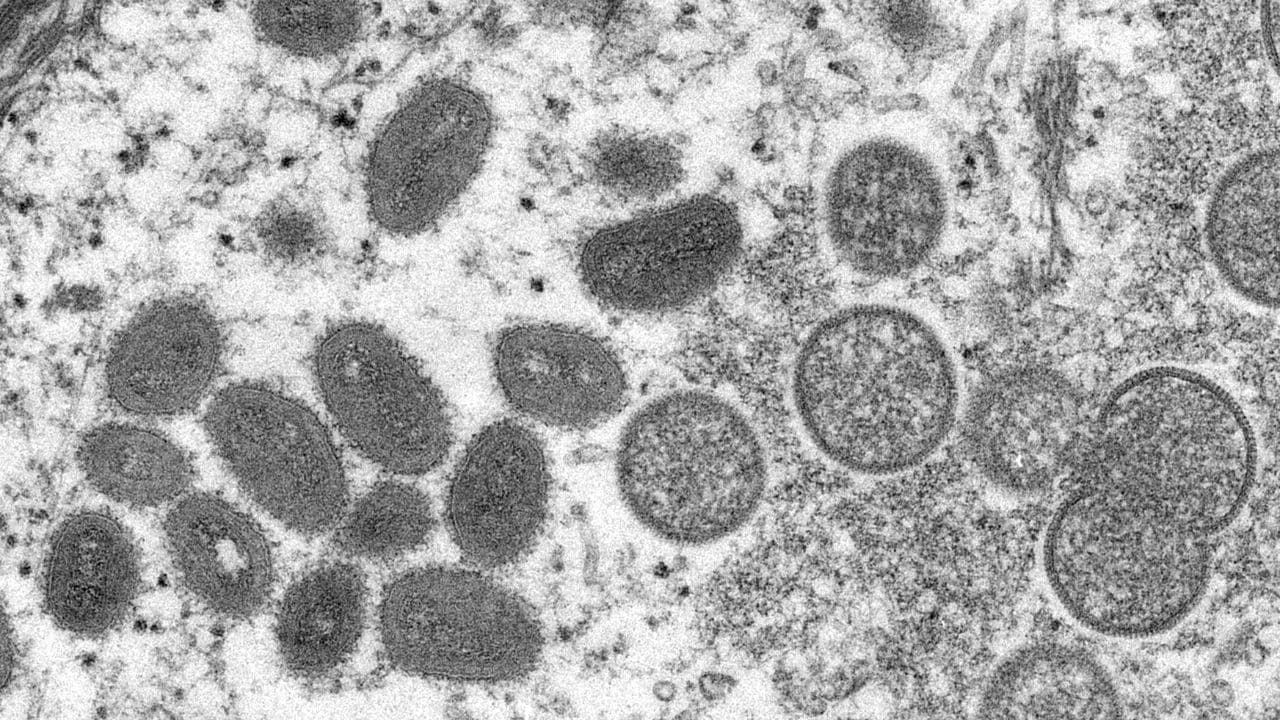

According to The Monitor, more than 300 people have come down with this disease, the majority of whom are women and girls. No cases have been reported in the neighbouring districts so far.
What is ‘Dinga Dinga’?
The condition, which is predominantly impacting females, has been characterised by fever and excessive body shaking that severely hampers mobility, IANS reported.
The mysterious disease, first reported early last year, has since remained under investigation, said District Health Officer Dr Kiyita Christopher. He added that samples have been sent to the Ministry of Health laboratories for further analysis.
According to Christopher, it is a self-healing illness in most of the cases, adding that no deaths have been recorded so far.
“There is no scientific evidence that herbal medicine can treat this disease. We are using specific treatments, and patients usually recover within a week. I urge locals to seek treatment from health facilities within the district,” he stated.
Health experts worldwide have even compared this latest outbreak with the ‘Dancing Plague’ phenomenon of 1518 in Strasbourg, France. At that time, people uncontrollably danced for days and sometimes it even led to exhaustion-related deaths.
Symptoms
Some of the most common symptoms of ‘Dinga Dinga’ include:
- Fever.
- Headache.
- Cough.
- Runny nose.
- Body aches.
Meanwhile, investigations are being done to determine if respiratory pathogens like influenza, COVID-19, malaria, or measles are the cause. However, the illness remains unidentified pending lab results.
An 18-year-old patient told The Monitor that she felt weak and got paralysed, with her body shaking uncontrollably whenever she tried to walk.
“It was very disturbing. I was taken to the Bundibugyo Hospital for treatment, and thank God, I am now fine,” she added.
Treatment
Despite the lack of a confirmed diagnosis, patients are being treated through antibiotics, while health experts in the country continue to monitor the situation closely.
ALSO READ | Marburg virus outbreak kills six in Rwanda: All you need to know
Dr Christopher has advised people to seek immediate medical care rather than depending upon unverified herbal remedies. “Local health facilities are the best place for treatment. I urge the community to avoid unverified treatments and seek proper medical care,” he said.
ALSO READ | What is Diphtheria? Symptoms, prevention and treatment of contagious disease
(Edited by : Shoma Bhattacharjee)



